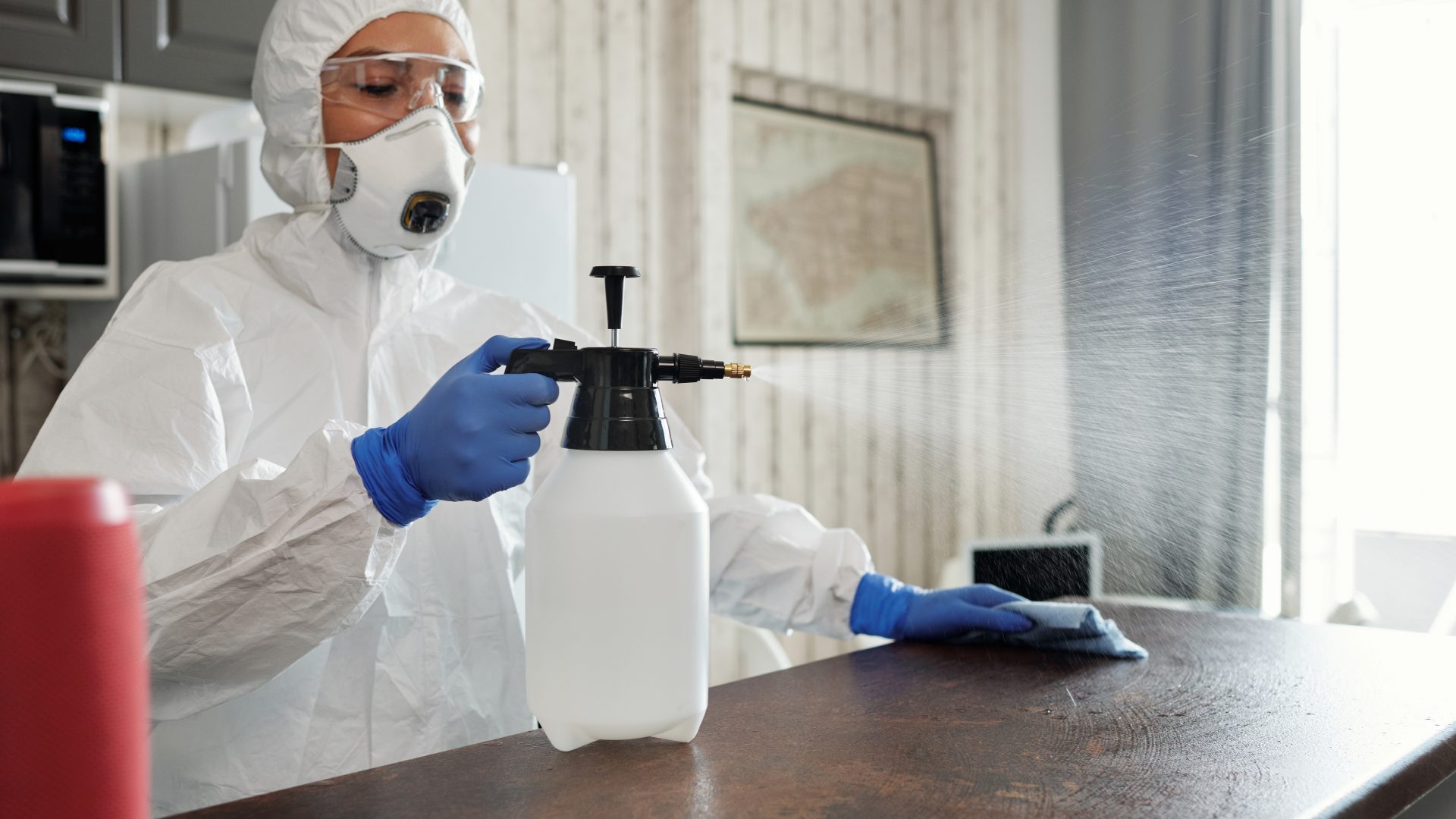Deposit deductions for cleaning
7th July 2020

One of the most reoccurring and difficult discussions between Landlords and Tenants is that of the cost of cleaning at the end of a tenancy.
So far this year, rental deposit disputes between tenant and agent/landlord have fallen 15% across England.
Ome, a deposit replacement company analysed data from MyDesposits and found that London, the South East and the North East have experienced the greatest decline in deposit disputes, with a drop of 23% since 2019!
On the other hand, The East Midlands saw an increase of 11% and the South West an increase of 18% in the past year, although these are the only regions to see an increase of any kind.
London, despite seeing a large decrease in deposit disputes, still account for the 37% of all disputes lodged this year.
Cleaning is nearly always the biggest contentious issue between tenant and landlord and differing views of cleanliness can often be the problem. Each person has their own view on what is an acceptable level of cleanliness which leads to conflict when attempting to make deductions from a deposit.
Deposit Protection Schemes (DPS) state:
‘Where landlords wish to make deductions for cleaning costs, they will need to be careful to record the cleanliness of the property in sufficient detail, at the start and end of the tenancy. They will also need to ensure any charges they claim are a fair reflection of the property’s condition at the start of the tenancy’.
The best advice is to ensure that a professional cleaning company is used to perform a deep clean directly before every tenancy and that the condition is recorded on the inventory. Even so, its hard to demonstrate on an inventory cleaning needed like finger marks, greasy marks, minor dust and cobwebs. The tenant is only expected to clean a property to the level it was at the start of the tenancy.
As a part of the tenancy fee ban which came into effect 2019, compulsory cleaning at the end of a tenancy is no longer permissible.
What we have seen over the years, with the disputes we deal with, is that adjudicators will usually award some of the cleaning costs back to the tenant. It may be that the landlord has had to carry out work at the end of the tenancy which would contribute to the cleaning needed or that the cleaning invoice seems high for the amount of cleaning performed or simply that its hard to evidence the depth of cleaning needed.
It’s becoming more common and accepted that landlords contribute to some of the cleaning, particularly on larger properties where some of the end cost of the cleaning should be factored into the rent which is received.
We work very hard to ensure our deposits are dealt with very fairly, which results in very few disputes for our landlords. Cleaning is nearly always the biggest issue in and in order to agree other items with tenants before having to go to dispute its often a good gesture to offer some money towards end of tenancy cleaning.
For further advice on end of tenancy procedures get in touch belong@coapt.co.uk
Who, How and Why of HMO Investors
12th July 2024
Around half of HMO (house in multiple occupation) landlords surveyed said that they use their property or portfolio as their…

Understanding the Labour Party’s Plans for the Rental Market
12th July 2024
With the Labour Party’s recent take over, we look back at their manifesto to identify the significant changes that are…

Explore Non-Traditional Deposit Options, Company Guarantors & Bills Packages: A Win-Win for Landlords and Tenants
12th July 2024
As the rental market evolves, there has been a notable 25%+ increase in demand for alternative deposit solutions, according to…